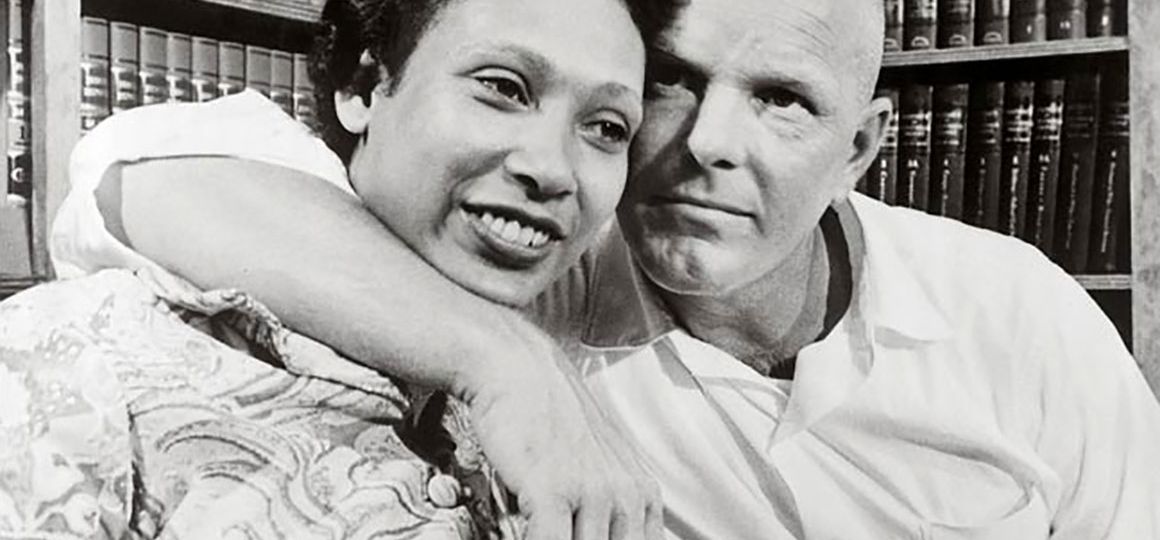
Trenton – To safeguard New Jersey against potential Supreme Court Rulings on the topic, the Senate Judiciary Committee advanced legislation today sponsored by Senate Majority Leader M. Teresa Ruiz to permanently codify the right to interracial marriage into state law.
“The Dobbs Decision not only gutted Roe v. Wade, but also opened the door for the court to reconsider various other decisions recognizing fundamental rights under the U.S. Constitution,” said Senator Ruiz (D-Essex). “While it should not be a question that interracial marriage is a fundamental right, this legislation will safeguard our residents, should the US Supreme Court strike down Loving v. Virginia. This bill reaffirms our strongly-rooted belief that love is love and people have a right to marry who they want, regardless of their race.”
The Senate bill, S-3719, would declare that the right of a person to marry or enter into a civil union with a person of any race is fundamental and that race is not a prohibiting factor.
The Assembly counterpart, sponsored by Assemblyman John McKeon, passed the full Assembly in February.
“The United States Supreme Court decision to overturn Roe v. Wade has opened the door to further erosion of rights such as marriage equality, access to contraception, and yes, interracial marriage. The threat may seem theoretical but the concern is very real. Given the risk that other federally protected personal decisions could be returned to individual states for determination, including the right of persons of different racial or ethnic backgrounds to marry, it is necessary to protect interracial marriage in New Jersey statutory law,” said Assemblyman McKeon (D-Essex/Morris). “Through this bill, we will ensure that in our State, a couple’s right to enter into a marriage of their choosing – where race is not a prohibiting factor – will remain their right if ever the Supreme Court decides to repeal the 1967 landmark decision of Loving v. Virginia.”
The bill would also prohibit the State, other government entities, and other institutions from infringing on the fundamental right of a person to marry or enter into a civil union with a person of any race.
In 1967, the U.S. Supreme Court, in Loving v. Virginia, held that laws banning interracial marriage violate the Equal Protection and Due Process Clauses of the U.S. Constitution, effectively creating a constitutional right to interracial marriage. However, more recent Supreme Court decisions, such as Dobbs v. Jackson Women’s Health Org., which overturned the constitutional right to abortion, indicate that the Supreme Court is willing to overturn long-standing precedent.
The bill was released from committee by a vote of 11-0.

